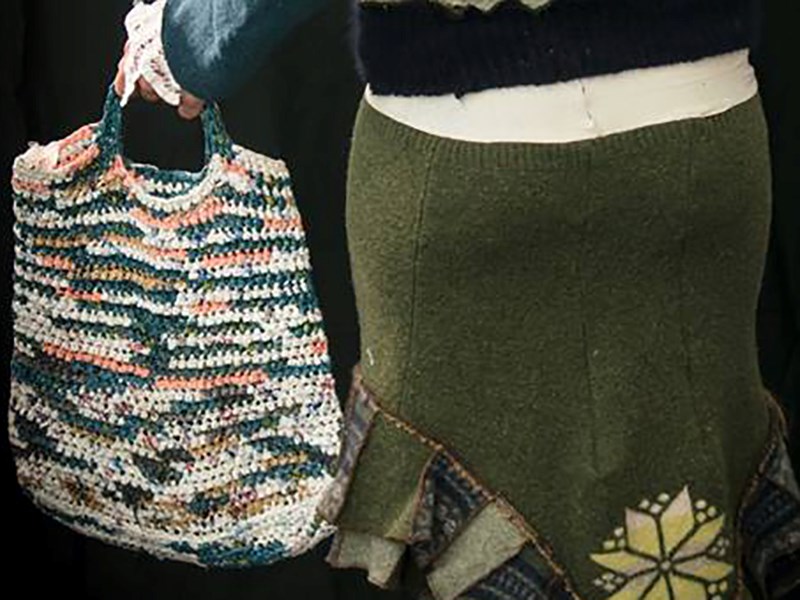When you dressed this morning, chances are you made sure your socks matched. You may not have thought about how the clothing industry is the second most damaging to the environment, next to oil and gas. That would be a lot to consider before your first cup of coffee.
Microplastics, synthetic dyes, water-hungry crops, unethical working conditions and overwhelmed textile recycling facilities are all realities in today’s world of fast fashion.
Luckily, there is plenty we can do to be a part of the solution.
Become informed
Watch documentaries such as The True Cost, which describes the clothing industry as a whole, and The Secret Life of Your Clothes, a film about what happens to many of the clothes donated to charity.
Shop less
Buy less clothing, but better quality, so favourite items can last a lifetime like they did a few generations back.
Declutter
Donate and give away clothing you have not worn in a while.
Add skills
Learn how to repair damaged clothing to extend its life. Ask a friend to teach you how to knit, sew, or darn. Powell River’s Fibre Space is a great place to learn. Follow them on social media for workshops and drop-in hours.
Share clothes
Host a clothing swap or share clothing your kids grow out of with someone else in the community.
Buy used
Satisfy your inner shopaholic at thrift shops and vintage clothing stores.
Donate torn or soiled clothing to a local thrift store
Bag them separately from clothes in good condition. You can also drop clothing and accessories at Inclusion Powell River-sponsored clothing bins around town.
Support Fair Trade clothing
This ensures more responsible agriculture and often means organic crops. Dyes are used more mindfully.
Pressure government
Lobby local and provincial governments for a ban on textiles in landfills.
Buy local
Buy clothing made locally. Check out the local farmers’ markets and craft fairs for local, handmade items.
Rent clothing
Rent quality clothing for special occasions rather than buying. Many online options are available these days.
The dirty laundry on clothing is out on the line for all to see and each of us can do something to clean up our habits.
Let’s Talk Trash is Powell River Regional District’s waste-management education program.



